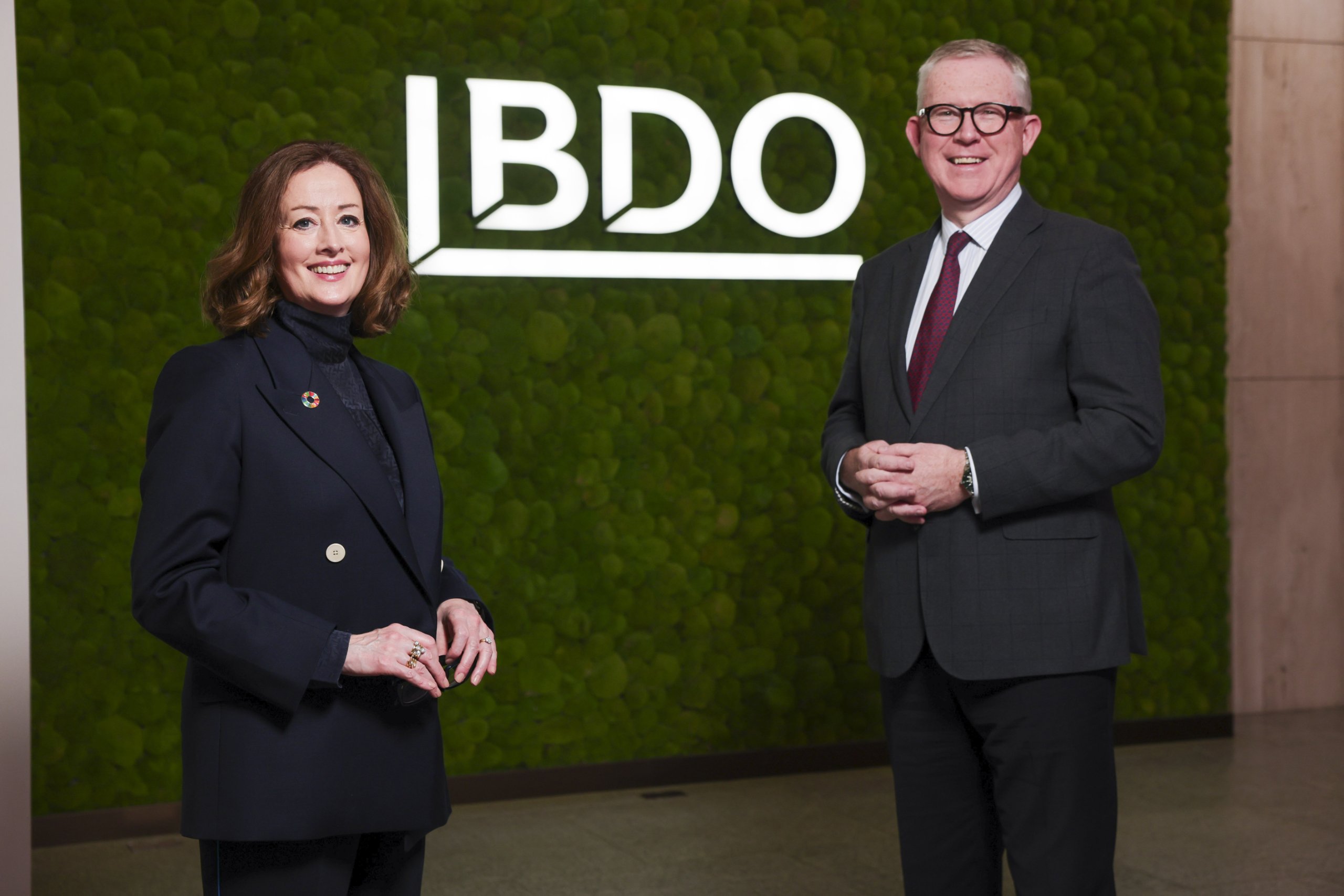Budget 2026
Stay informed with BDO’s comprehensive coverage of Ireland’s Budget 2026.
BDO Ireland renews partnership with Leinster Rugby as official business advisors
Finance Bill 2025
Understand the impact
Global Trade Updates
Stay informed of Global Trade changes and their impact on your business
Introducing Executive Search & Advisory at BDO
Finding the right leaders to drive your business forward
Building the finance function of the future
Research by the ACCA and BDO reveals how the role of the CFO is evolving beyond finance, on a journey towards Chief Value Officer. But, what exactly does that mean for your business?
Introducing Entrepreneurial Services
Strategic finance support for scaling founder-led businesses
Global expertise. Local excellence.
BDO Ireland delivers Audit, Tax, Advisory, and Consulting services to Irish and International clients, leveraging the expertise of our BDO Global network.



.jpg)
